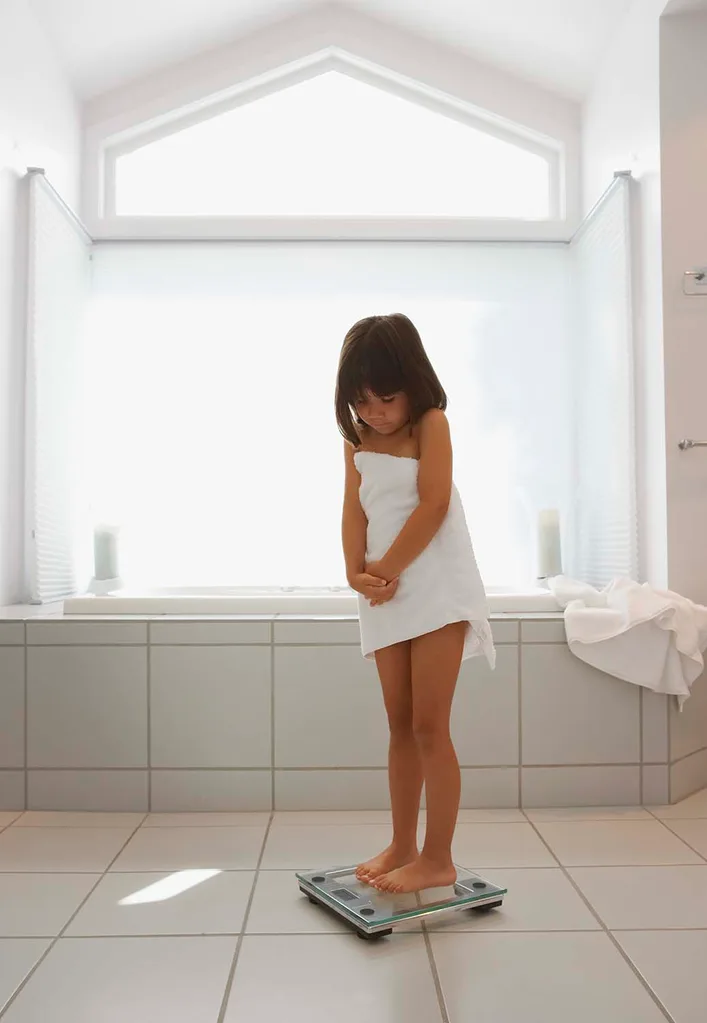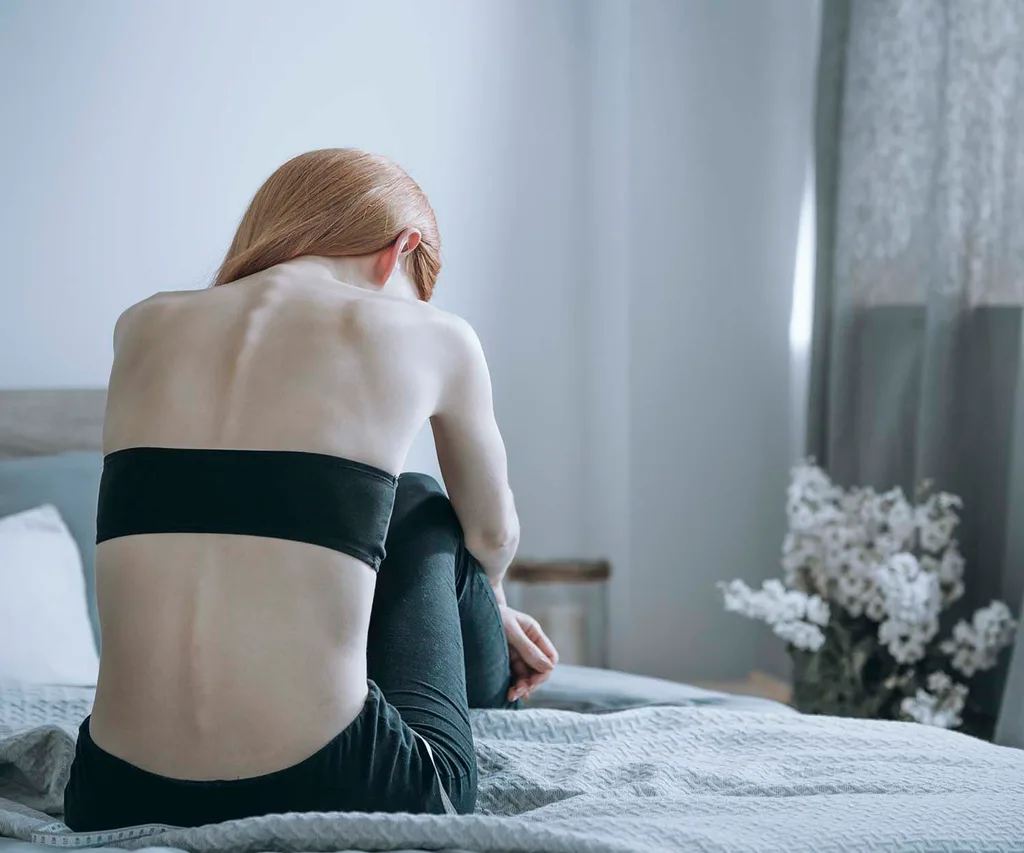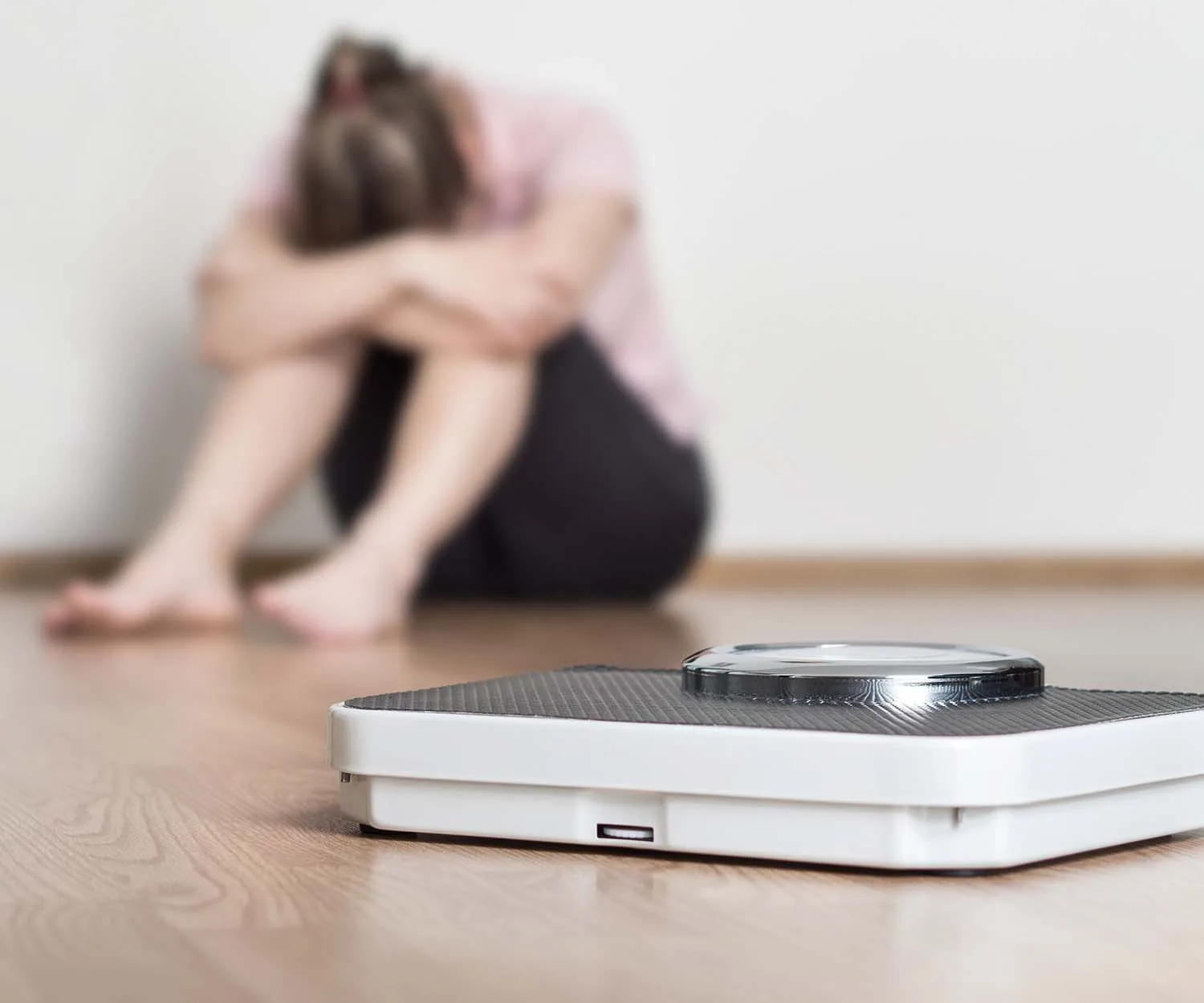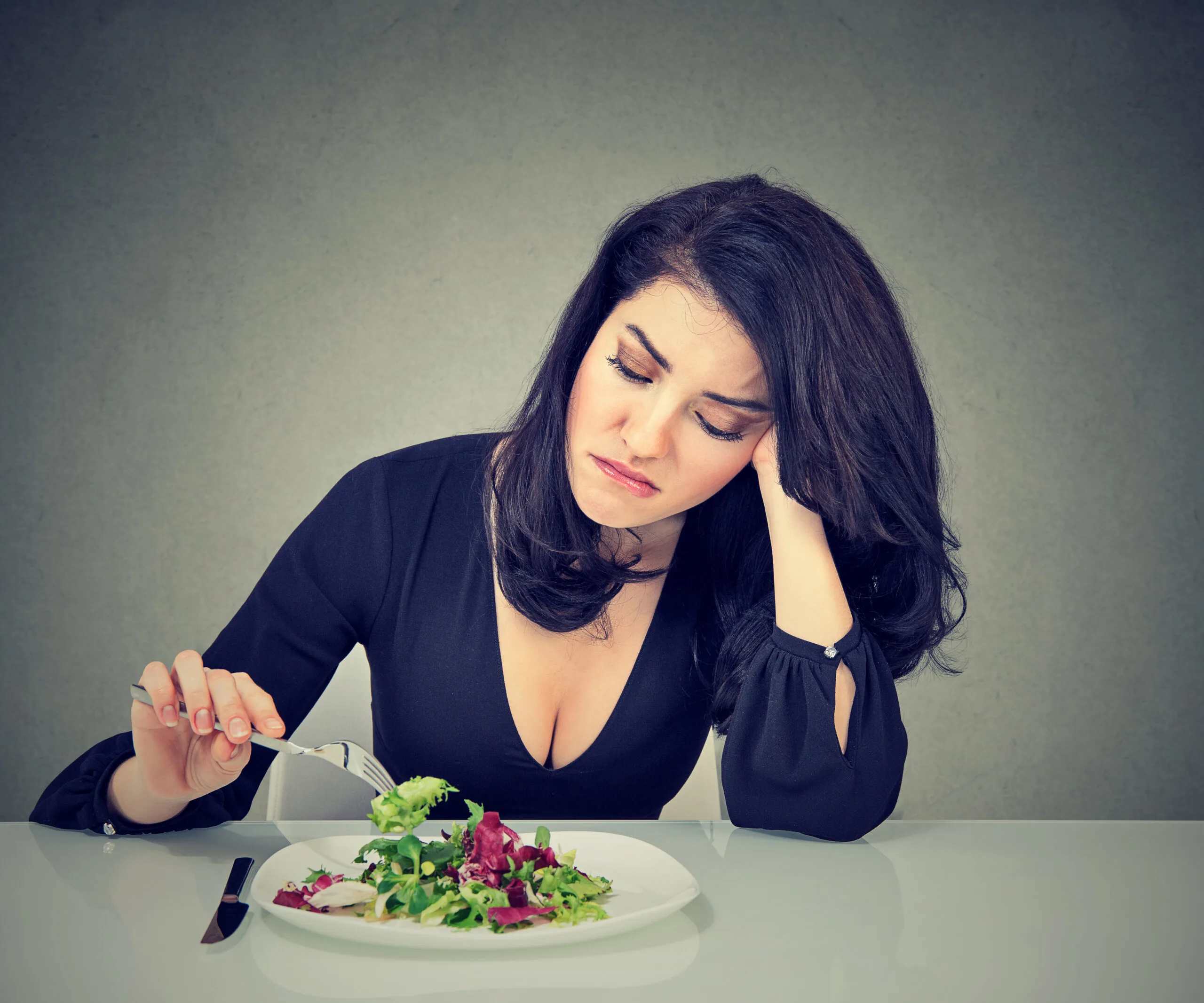Kiwi health experts are horrified by a new Weight Watchers app that targets children as young as eight years old, and warn that it could encourage eating disorders.
Kurbo, a weight-loss and nutrition app for children and teens aged eight to 17 years old, was released by WW, as the rebranded Weight Watchers is now known, on August 13.
The app was acquired by WW in 2018 and the company spent a year developing it. So far it’s only available in the United States, with Kurbo co-founder Joanna Strober explaining its relevance: “According to recent reports from the World Health Organisation, childhood obesity is one of the most serious public health challenges of the 21st century. This is a global public health crisis that needs to be addressed at scale.”
With Snapchat-like interfaces and ‘streaks’ to encourage regular interaction, it’s designed to appeal to its target audience with child-friendly features.
Children and teens are directed to enter their age, weight, height and ‘health goals’ before listing everything they eat.
There is a Stanford University developed ‘traffic light system’ to help kids keep track of what is good for them, and what is bad. Green foods are ‘go foods’ that can be enjoyed with no pressure, yellow foods are advised to be consumed within moderation and red foods are a no go, advising children to ‘stop and think.’
And for $69 a month a video coach is available on a weekly basis. The coaches are trained to detect signs of eating disorders, unhealthy weight loss or the early stages of a spiralling obsession.
But is there anything child-friendly about a weight loss app for kids?
Not at all, says medical student and nutritionist Jessica Campbell from Body Balance Nutrition, who adds she’s horrified by its introduction.

Image: Getty
“This absolutely, undoubtedly encourages eating disorders,” Jessica says.
“One thing we know is that engagement in dieting, whether it’s through calorie counting or it’s through points systems, cutting out food groups or tracking energy expenditure – and they’re all things this app does in Snapchat style which is really geared towards children – creates an intense preoccupation with food, size, shape and weight, and we know that body image anxiety is a lead-in to disordered eating and pathological eating patterns.
“The American Association of Paediatrics is advising health professionals to stop engaging in weight talk with children. And yet we’re seeing companies like WW starting to push this as their party line.
“The bottom line for me is Weight Watchers really made a big effort last year to rebrand themselves to WW, to drop the ‘weight’ from their name because they’ve seen a real shift in what consumers want and they don’t want diets any more… I think this is just the same soup reheated and served up to kids.
“They’ve come out swinging saying it’s really not a weight loss app but all you need to do is take one look at their website and you’ll see that all of their success stories are around pounds lost and BMI points dropped from children as young as eight years old.
“The other really disturbing thing we’re seeing is ‘before and after’ photos, where we’re seeing glorification and objectification of really young bodies and I think it’s really dangerous.
“They’re creating future customers. It’s disturbing.”

Image: Getty
Genevieve Mora from Voices of Hope, an organisation that supports those with mental health issues including eating disorders, holds a similar view: “I’m actually appalled, I couldn’t even believe it when I heard about this, this morning,” she says.
Genevieve suffered from anorexia in her late teens and early twenties, and for her the mental illness took such a hold she had to be hospitalised for weeks at a time over a number of years.
“When I was not well apps like My Fitness Pal made it a hundred times worse because you could just track everything, and the thing is you give a child an app like Kurbo and then they’re going to find other similar apps.
“It’s just giving children tools to develop disordered eating.”
A parent of a teenage girl with an eating disorder, who wished to remain anonymous, says the very idea of the app makes her “blood boil”.
“If you saw what an eating disorder does to a child, to a family, you wouldn’t wish this on your worst enemy and apps like these simply fuel the eating disorder mindset,” she says.
“My daughter used to have a great attitude towards food and her body. Now she is so thin she gets sick all the time, she’s always tired and lethargic, she feels huge anxiety around food, she has withdrawn from her friends and her school work has suffered. She is obsessed with food, always thinking about it, watching cooking videos on Youtube, she bakes like the devil possessed – yet she can’t bring herself to eat.
“I have one job right now, to keep her out of hospital, and that is to ‘refeed’ her. Once she begins eating more and giving her brain the nutrition it needs she will be better able to fight the voice in her head that tells her she can’t have that or she shouldn’t have this. But some days I feel like I can’t even get that right. She is hard to refeed because the ‘voice’ is so powerful. It is devastating to see her like this.”
One of the influences that fuelled her daughter’s eating disorder was an app that monitors how active you are and calculates how many calories you’re burning.



